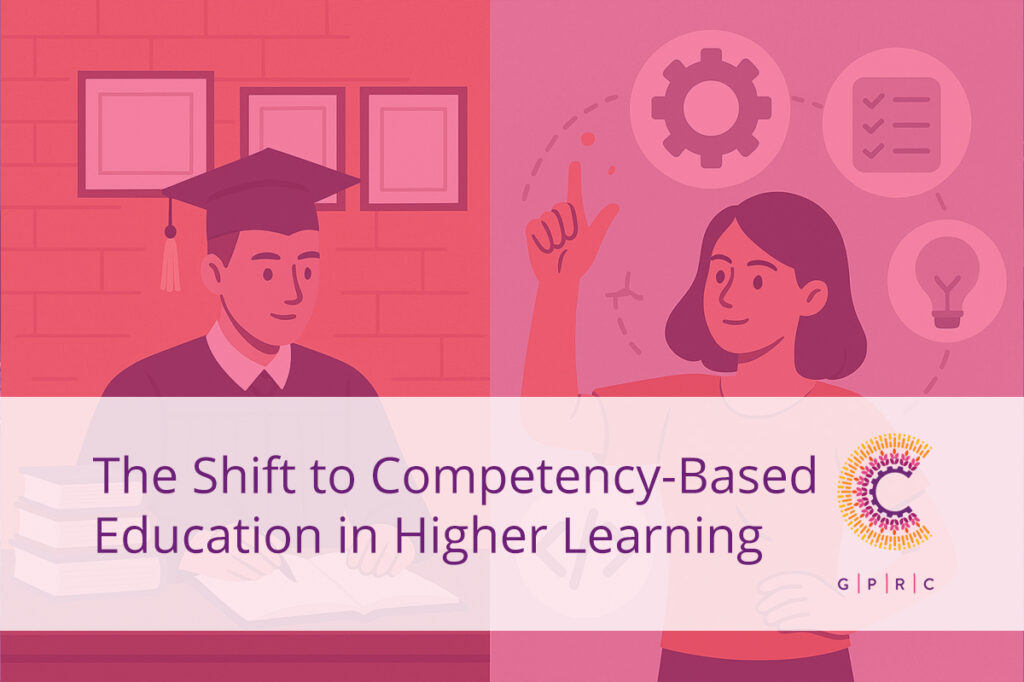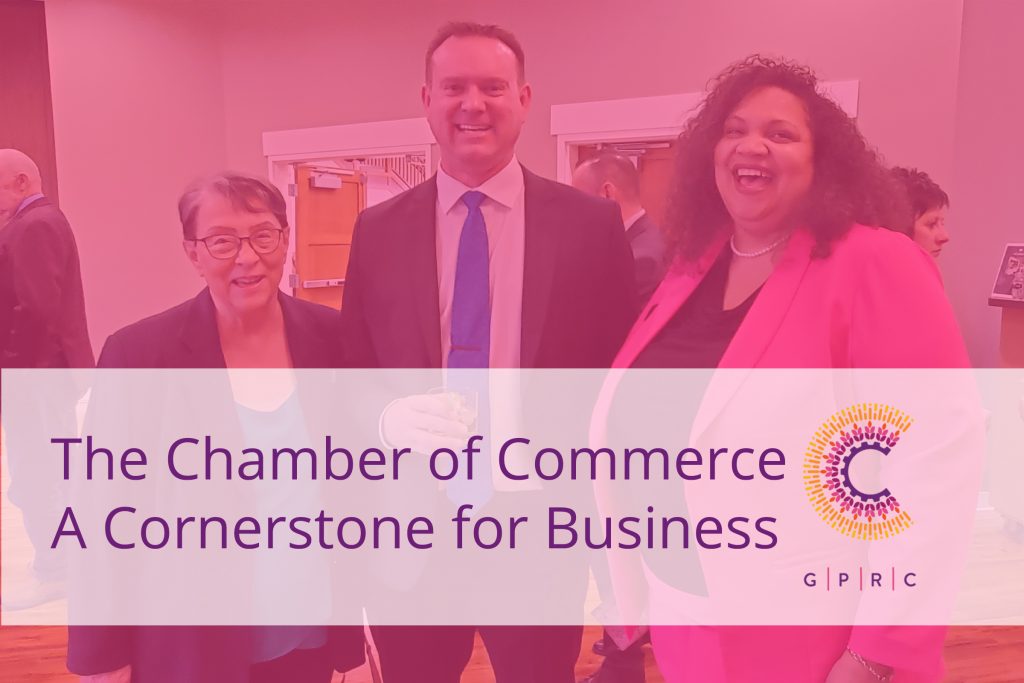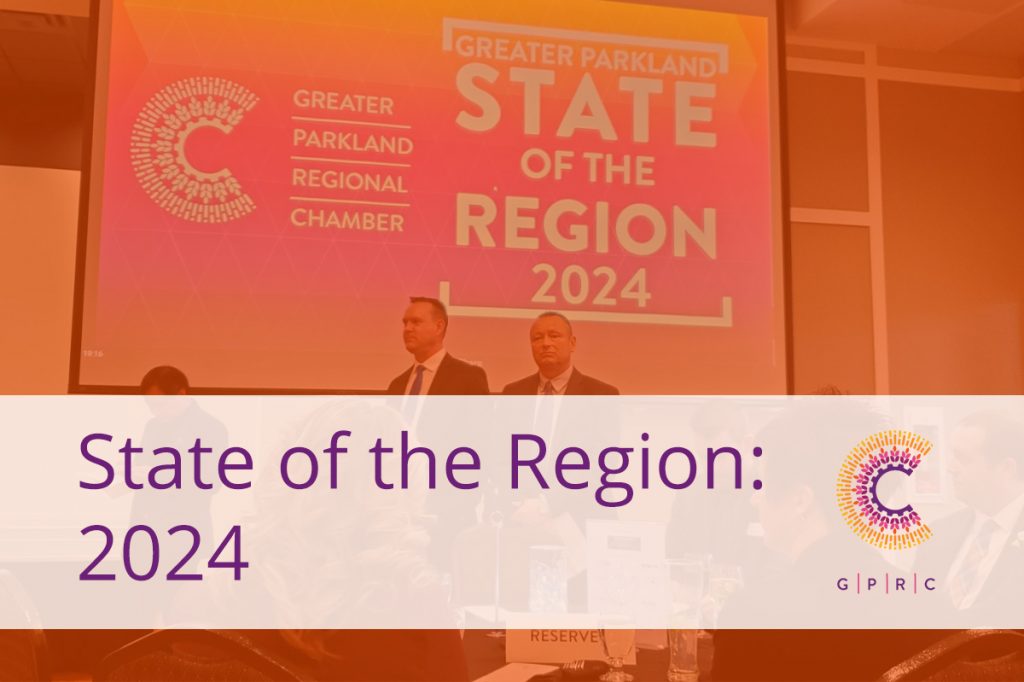The Shift to Competency-Based Education in Higher Learning
Traditional higher education relies on degree programs to measure academic and professional achievement. However, many critics argue that this system fails to equip students with the practical skills needed for today’s job market. As a result, interest in competency-based education (CBE) has grown. This approach allows students to earn diplomas or degrees by demonstrating mastery of specific skills rather than completing a set number of courses.
What Is Competency-Based Education?
Competency-based education assesses students through direct evidence of their abilities in real-world settings. This model prioritizes learning outcomes, enabling students to advance at their own pace. Instead of focusing on time spent in classrooms, CBE emphasizes measurable competencies aligned with industry needs. This shift could reshape higher education and better prepare students for careers.
One major advantage of CBE is flexibility. Traditional degree programs impose rigid timelines, requiring years of coursework regardless of a student’s prior knowledge. In contrast, CBE lets students progress faster through familiar material while dedicating more time to challenging areas. This personalized approach benefits non-traditional students, such as working professionals or those with prior learning experiences, by allowing them to earn credentials more efficiently.
Employer Appeal and Workforce Alignment
Employers also find CBE appealing. Many companies express frustration that graduates possess degrees but lack practical skills. A competency-based model ensures that students demonstrate proficiency in key areas before earning their credentials. For example, a computer science student must showcase coding abilities, problem-solving skills, and technical expertise before completing their program. This process makes credentials more valuable to employers seeking candidates with proven skills rather than just academic qualifications.
Additionally, CBE can reduce the cost of higher education. By allowing self-paced progress, institutions lower tuition expenses and offer personalized learning. Students avoid paying for unnecessary courses and can complete degrees faster, easing financial burdens.
Challenges to Widespread Adoption
Despite its benefits, transitioning to CBE presents challenges. Institutions must redesign curricula, update assessment methods, and train faculty for this approach. Resistance from accrediting bodies may also slow adoption. However, CBE’s emphasis on skill mastery and workforce readiness makes it a promising alternative to traditional degree programs.
A New Direction for Higher Education
As demand for skilled workers rises, competency-based education offers a flexible, cost-effective, and career-focused path for students. This shift could redefine higher learning and better equip graduates for modern workforce demands.
The Shift to Competency-Based Education in Higher Learning
Discover how competency-based education in higher learning offers a flexible, skill-focused alternative to traditional degrees—empowering students with real-world readiness.
Canada Needs to Reevaluate Its Diplomacy
March 17, 2025 / Deborah / Comments Off on Canada Needs To Reevaluate Its Diplomacy – and not just with the Americans! In the realm of international business, diplomacy serves as a cornerstone for success. The late Canadian Prime Minister Brian Mulroney, during a 2011 address at the University of Toronto, aptly remarked, “Anyone who…
Donald Trump and the 25% Tariff
November 26, 2024 / Norman Leach / Comments Off on Donald Trump and the 25% Tariff You can’t help but notice President Elect Donald Trump is peeved with the Federal Government in Ottawa. He has posted that, on his first day in office, he will impose a 25% tariff on Canadian exports to the United…
Accelerate Your Business with GPRC Membership
By joining the GPCC, you benefit from advocacy at multiple government levels, robust networking events, and a variety of essential business services.
Networking — The real secret to business success
Networking serves as the lifeblood of any thriving business community, facilitating connections, fostering collaborations, and unlocking new opportunities for growth and development.
Making the Most of Your Membership
Maximizing your membership in the Greater Parkland Regional Chamber of Commerce isn't just about joining, it's about actively engaging to reap the maximum benefits.
The Chamber of Commerce: A Cornerstone for Businesses
The chamber of commerce serves as a cornerstone for businesses, prioritizing the needs and interests of its members through a blend of professional services and friendly support. At its essence, the chamber acts as a trusted ally — advocating, empowering, and connecting its members to foster growth and success. Primarily, the chamber serves as a…
State of the Region 2024
Enjoy photos from our 2024 State of the Region event, held on the 15th of March at Heritage Park Hall. The Greater Parkland Regional Chamber of Commerce welcomed Mayor Allan Gamble of Parkland County, Mayor Jeff Acker of the City of Spruce Grove, Mayor William Choy of the Town of Stony Plain, for our 5th…
Chamber on Tap – Homegrown Foods
Check out photos from our great Chamber on Tap event at Homegrown Foods on Tuesday February 27th, 2024.










